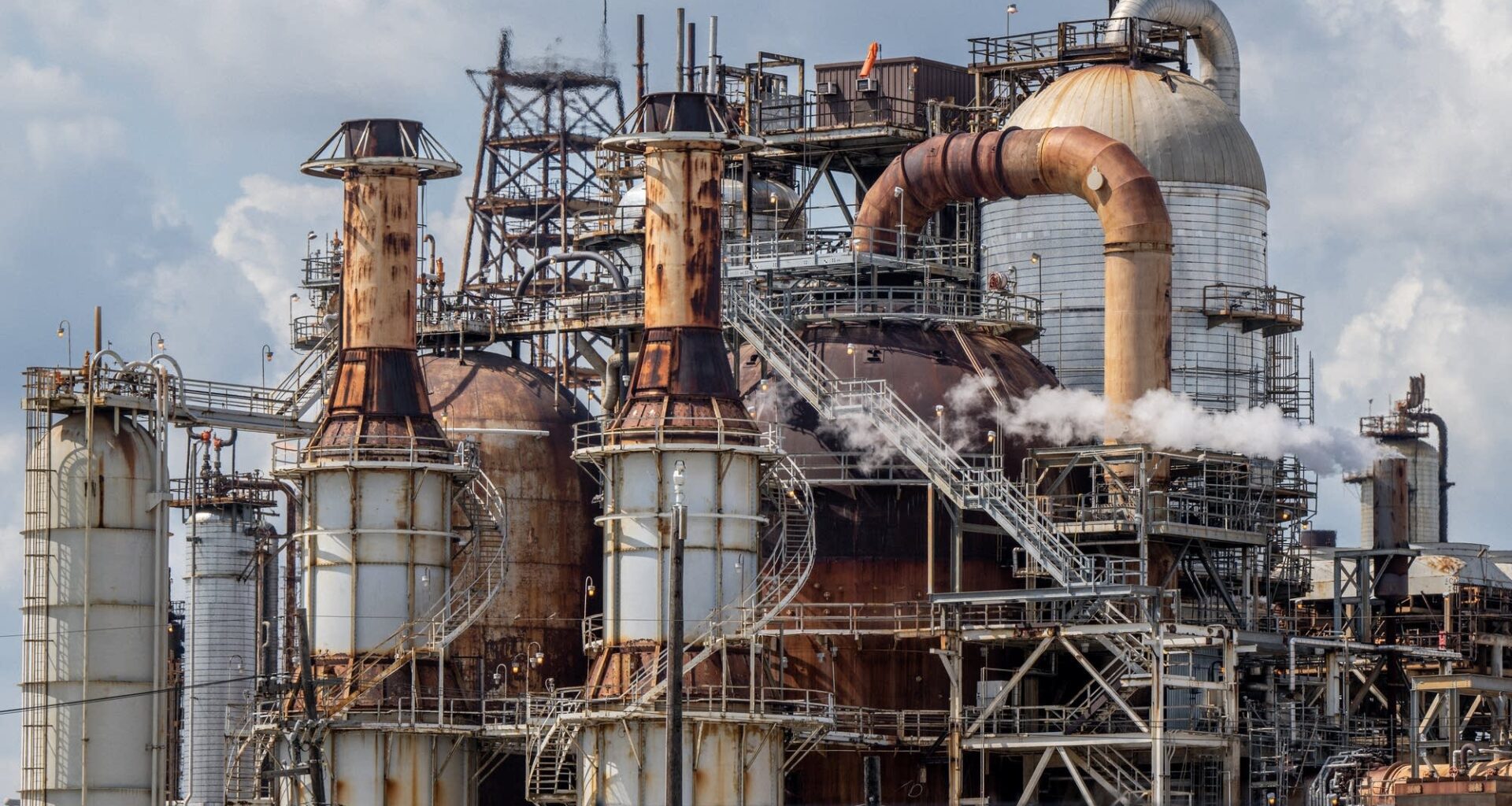The U.S. is a global leader in refining — and that’s expected to remain true even as demand growth for things like gasoline and diesel wanes as fuel efficient vehicles increasingly catch on in different parts of the world. But not all refiners will stay on top.
As it turns out, oil is a very regional business and what’s next for U.S. refiners depends heavily on where they’re located.
To make it in the refinery business you need three things: a healthy supply of crude oil, friendly regulation and local demand for your product.
“So, if you’re on the East Coast or the West Coast, there’s no crude oil pipelines connecting those refineries to the supply in the middle of the continent,” Robert Auers with RBN Energy.
In California, the refining business is especially tough because the state is producing less crude oil, so refiners have to get it from somewhere else.
“California refineries are shutting down — of course they have been,” Auers said.
And governmental red tape in that state isn’t helping because it’s more expensive to operate, said Neal Walters with consulting firm Kearney.
“It’s a very challenging environment from a legislative and regulatory standpoint,” he said. “And it’s also an area where the uptake of … electric cars and the like, is strong.”
Meanwhile, Midwest refiners — close to ample Canadian crude oil — are better positioned, said Debnil Chowdhury with S&P Global Commodity Insights.
“They’re kind of first in line when you think of the pipeline movements from Canada,” he said.
The economy in the Midwest is also dependent on farming equipment. “And we’re not seeing a drastic, quick electrification of any of that fleet,” Chowdhury added.
But there is one region that cuts above the rest: the Gulf Coast. It’s got favorable regulations and is well connected to the Permian, where crude oil is produced. And it’s got a large export market in its backyard.
“We see Latin America not growing their refined product production, but seeing their demand continue to grow. So that means they rely on the United States Gulf Coast refiner to fill their supply gap,” Chowdhury said.
And, he said, when you look at the demographics in that region — especially Texas, with its large, fast-growing cities — there’s still a healthy demand for transportation fuels.
Related Topics
